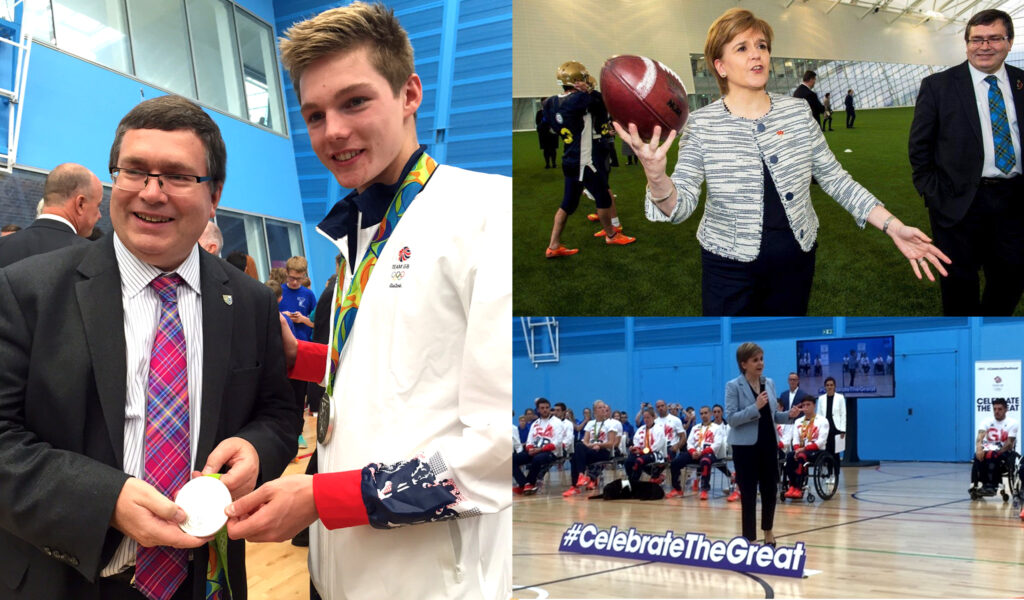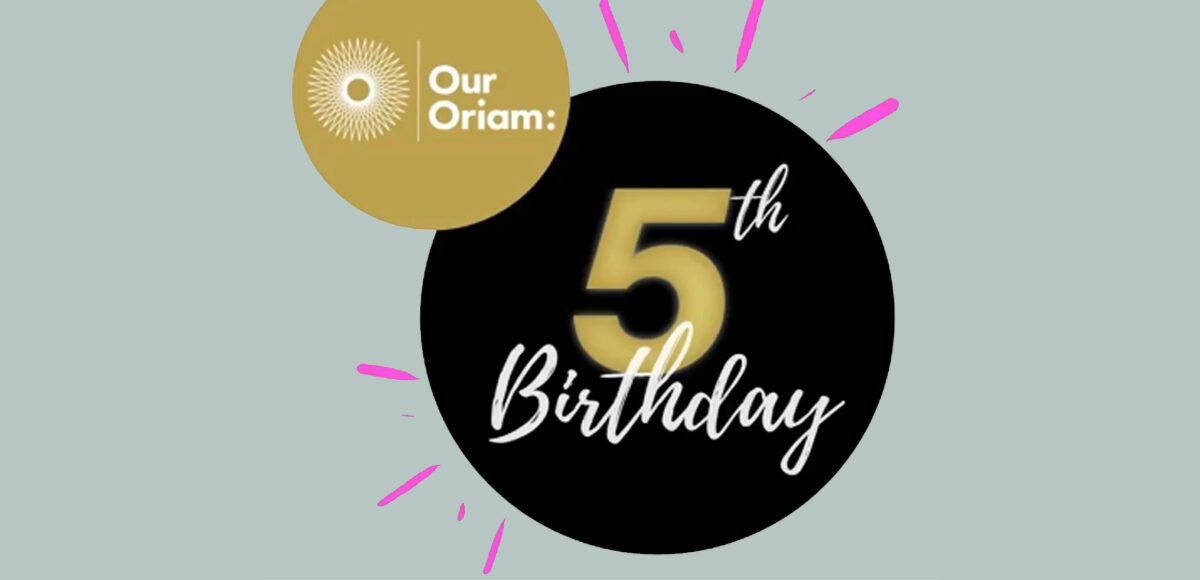There are many things to be proud of in our University, and many things I, personally, am proud to be associated with – not least continuing to embed and uphold the mission and values this institution was founded on. In our Bicentennial year, we have the opportunity to look back at our history to see where this journey started, to applaud the people who made our University what it is today and to celebrate the future we are currently shaping and influencing with our research, our teaching and our truly global community.
Throughout, we continue to support education for all, by growing the opportunities for students to participate in studying with us from across the world and to tackling the most pressing issues facing society – both now and for the future. A characteristic of a flourishing community is one where the people in it have a clear sense of purpose, both individual and collective. I see this in different parts of the University and it’s a theme we are intent to develop as we support our students, and ourselves, to shape the future world. Given our multi-national organisation, a key attribute is recognising what a global citizen is – one that respects and manages the real complexities of different cultures. An example of this is seen in the EmPOWER programme in Malaysia and other initiatives around developing a sense of purpose based on personal impact statements.
As we celebrate 200 years of Heriot-Watt’s founding roots, and with many milestones along the way, this week we celebrated five years since the opening of the Oriam, our Sports Performance Centre on our Edinburgh campus. The energy radiating from Oriam is palpable and brings together our performance partners, colleagues and students and our local community in a great environment. I know our colleagues at Oriam received many warm messages of congratulations this week on achieving this anniversary.

Our Alumni team has launched a campaign called 200 Memories to record the highlights and perhaps unusual memories across our community. One of mine, that I shared with our colleagues in Oriam this week, was welcoming the Scottish Olympians back from Rio in 2016 to a celebration hosted by Oriam. Here, my picture of Duncan Scott and my sporting experience with the First Minister! This was definitely something to be proud of and I wish for and expect there will be many, more magical moments and memories at Oriam in the years ahead.
Some of you may have other special moments and memories you wish to share. I would urge you to get involved, if not with your own, then to hear the breadth of stories being told by others.
A further celebration this week was the announcement of the winners of the Panmure House Prize, the UK’s largest academic prize awarding $375,000 over five years for research projects into the long-term funding of innovation. We announced this prize at the start of our Bicentennial, and I’m delighted to see it awarded to a team based at the Robert H. Smith School of Business at the University of Maryland, led by Professor Rachelle C. Sampson. Their project aims to demonstrate that long-term-oriented firms – supported by government-funded R&D, stronger scientific orientation, a more centralised organisation and greater investment – are more likely to produce breakthrough innovations. The judging panel also decided to award an extraordinary Emergent Thought Award of $25,000 to Matteo Tranchero, a PhD candidate based at the University of California, Berkeley’s Haas School of Business. Tranchero’s work aims to understand the role investment plays in the ecosystems where breakthrough innovations occur. I look forward to seeing their work develop, with the help of the Panmure House Prize.
Plans for celebrations around the Bicentenary around 15-17th October this year are being finalised and I look forward to sharing them with you soon.
Professor Richard A. Williams
Principal and Vice-Chancellor
